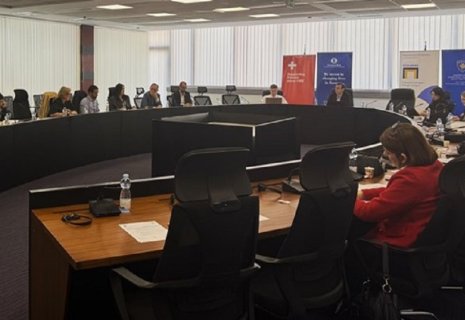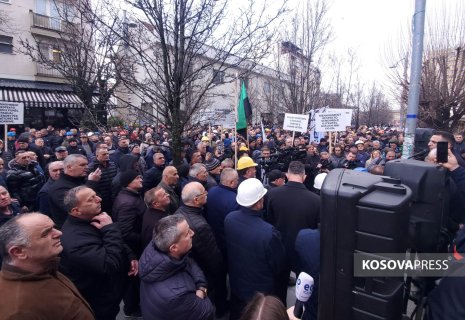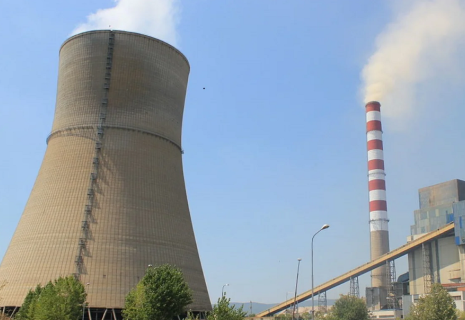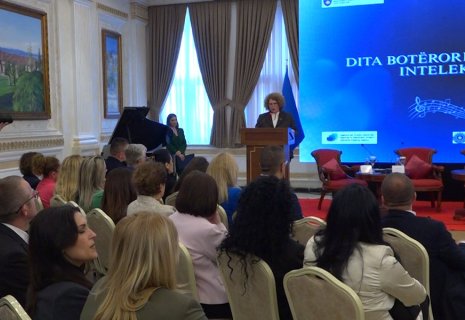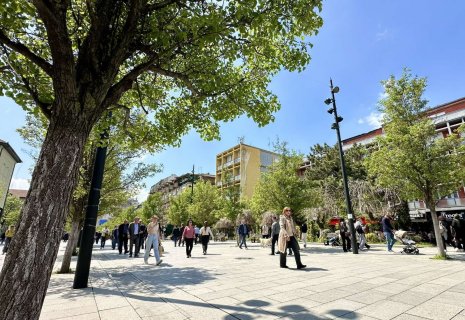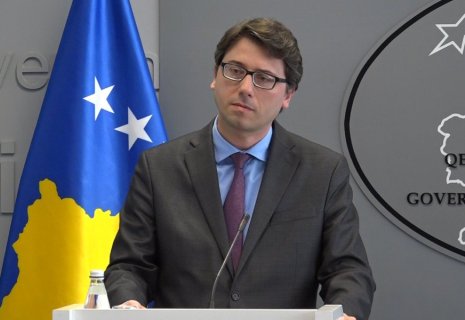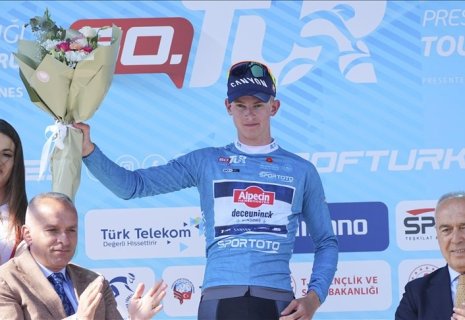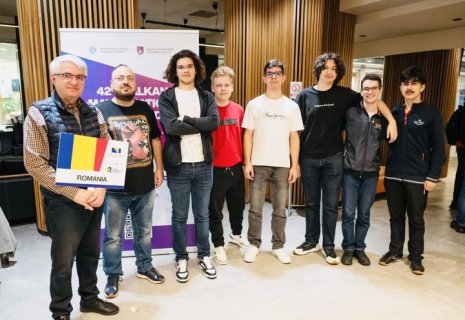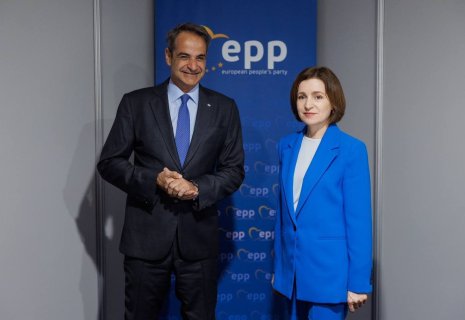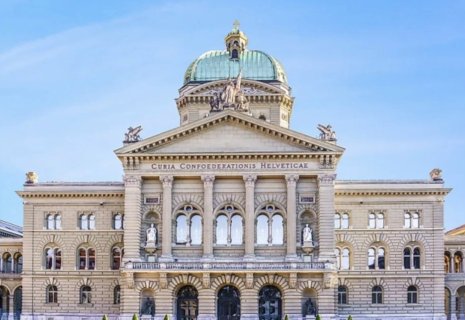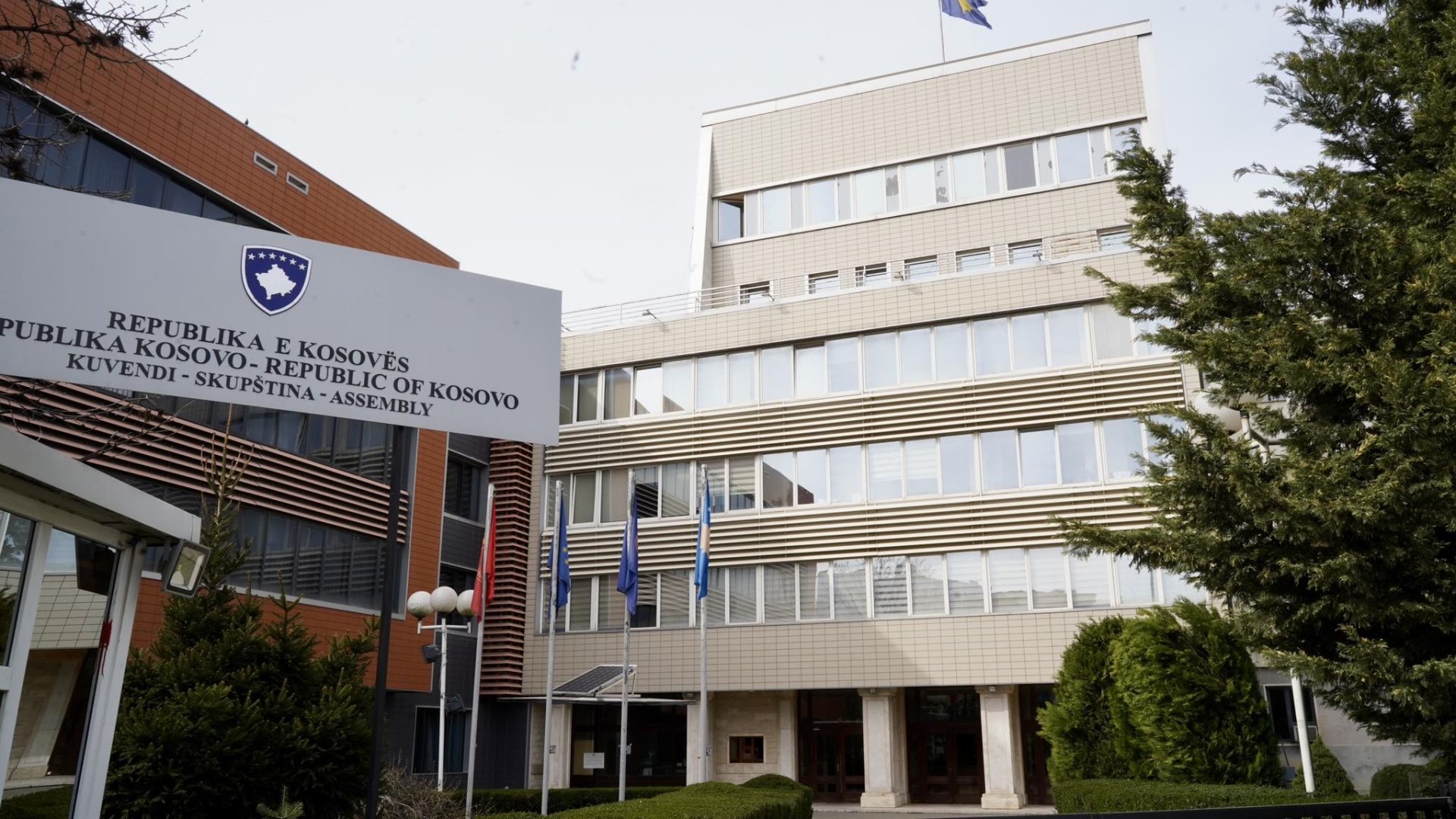
Kosovo Risks Losing €1 Billion in EU Aid
The failure to form new institutions in Kosovo - even three months after the February 9 elections - is losing the country's European integration agenda, say political experts. According to them, the impasse in the Assembly prevents the country from receiving the first tranche of 61 million euros from the European Union, within the framework of the Growth Plan for the Western Balkan countries, CE Report quotes Kosova Press.
The disbursement of pre-financing funds for Kosovo is linked to the approval of two international agreements in the Assembly, which, due to the impossibility of constituting the ninth legislature, cannot happen now.
The Growth Plan is a new EU framework for accelerating reforms for European integration of the entire region, combining reforms with direct financial contributions from EU funds to the budgets of the beneficiary countries and investment projects. By implementing these reforms, Kosovo will benefit from up to 882,6 million euros of EU funds. Of this total amount, 253,3 million euros are grants, while the remaining 629,3 million euros are long-term loans.
Even a month after the certification of the February 9 election results, the deputies elected eight times in a row have failed to constitute the Assembly.
The Vetëvendosje Movement, as the leading party in the elections, has the exclusive right to nominate a candidate for Speaker of the Assembly, based on the 2014 Constitutional Court ruling. However, MP Albulena Haxhiu, as proposed by them, has failed six times in a row to receive the 61 votes needed to take this position.
This situation in the Assembly, according to Professor of European Integration, Dritëro Arifi, is showing the inability of the political scene in Kosovo to find an agreement and establish new institutions.
He tells KosovaPress that any further delay in the constitution of the Assembly and the formation of the government will have political and economic consequences. He mentions the millions of euros in the framework of the EU Growth Plan for the Western Balkans, the delays in the removal of punitive measures against Kosovo, as well as the removal of the possibility of membership in the Council of Europe.
"Any further delay by the Assembly and the government removes the country from the European integration agenda. Despite the fact that Kosovo has submitted the agenda for European reforms to the European Commission, we have not passed the loan agreement in the Assembly of Kosovo. We are only at the beginning losers, as Kosovo has been promised about 1 billion euros, some of which are soft and free loans. Meanwhile, we are not able to ratify an agreement to receive the first installment. Plus, we still have punitive measures against Kosovo," Arifi emphasizes.
The inability to establish new institutions in Kosovo, as well as the extreme polarization of political parties, damages Kosovo's image in the international arena, says analyst Arbnor Sadiku.
According to him, any further delay in the formation of new institutions is to the country's detriment and goes in favor of Serbia and their lobbying against Kosovo's statehood.
"Of course, a lot of funds will be lost, as you saw that from the funds allocated by the EU [Growth Plan], only Kosovo and Serbia have not yet benefited due to their unconsolidated governments. Why was there anarchy there, while in Kosovo there is a kind of anarchy in parliament, but not on the streets. All parties are being pushed back by a number or two. Every delay is to the detriment of Kosovo." Sadik emphasizes.
The impasse in the constitution of the Kosovo Assembly is occurring because the Vetëvendosje Movement, as the leading party in the February 9 elections, is not securing the 61 votes necessary to elect the speaker of parliament.
MPs from the Democratic Party of Kosovo, the Democratic League of Kosovo, and the Alliance for the Future of Kosovo are voting against their proposal for this position, while the three MPs from the Social Democratic Initiative are abstaining.
Among the non-majority communities, the Serbian List MPs are not participating in the vote at all. The same has been done so far by the MP from the Bosniak community, Duda Balje.
Meanwhile, Nisma, which has three MPs in the Assembly, has called on LVV, as the first party in the February 9 elections, to reach a political agreement that ensures a parliamentary majority for the Assembly and the formation of a new government.

